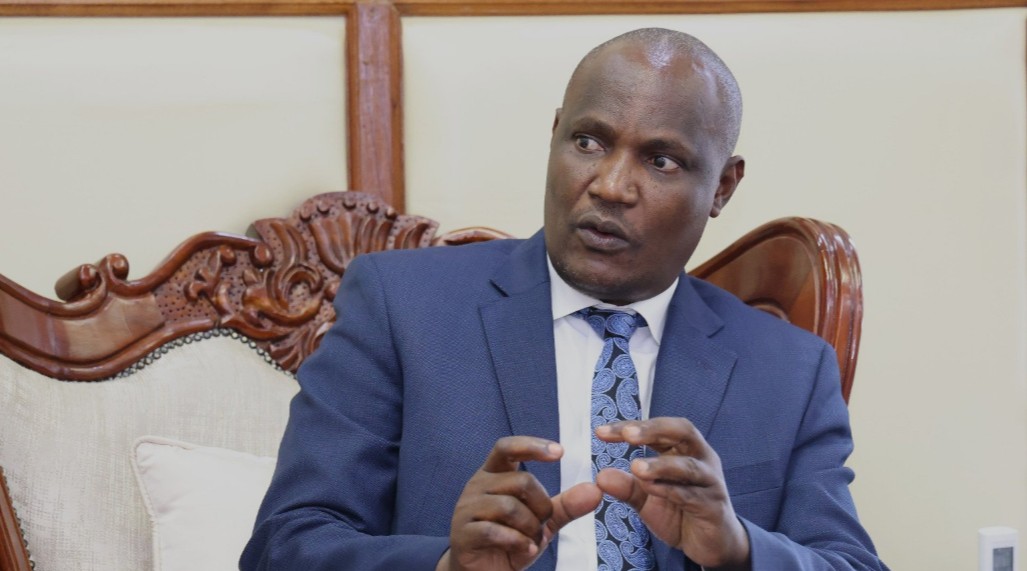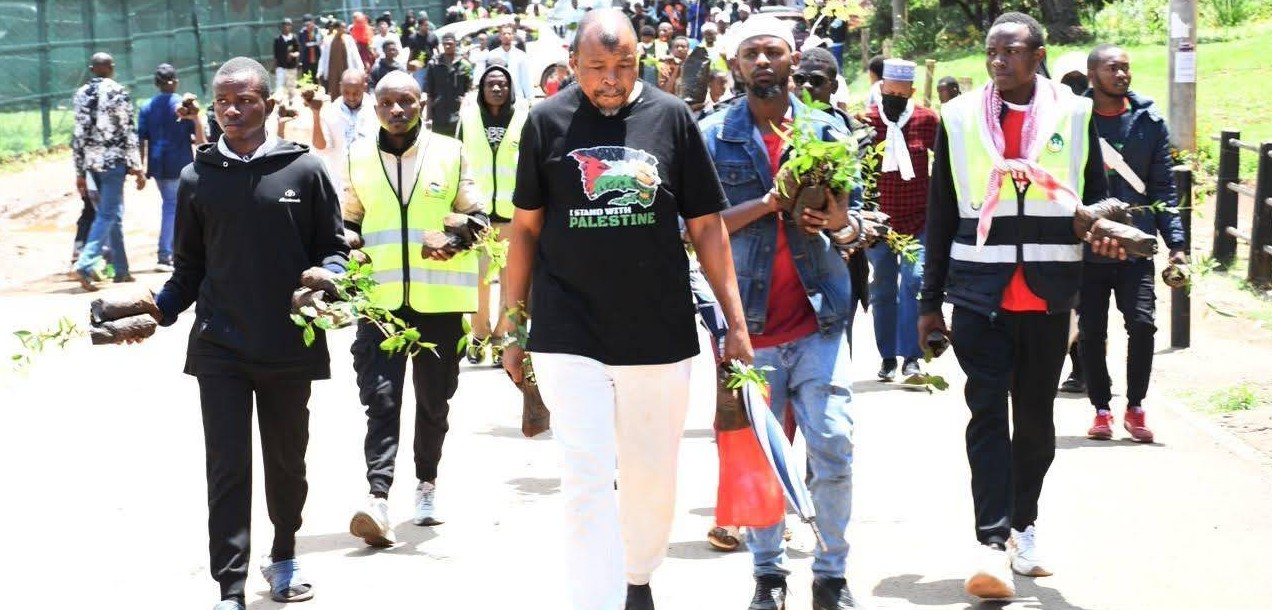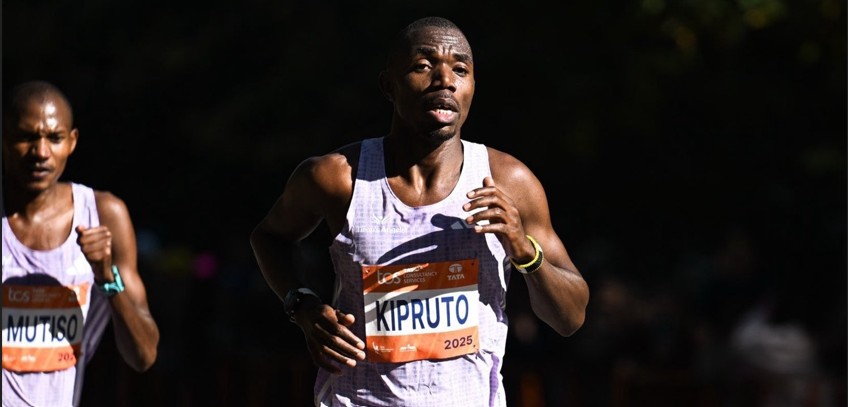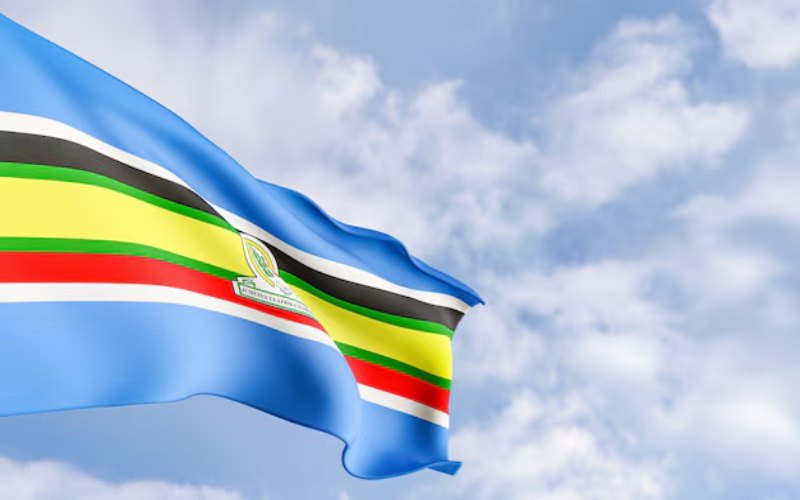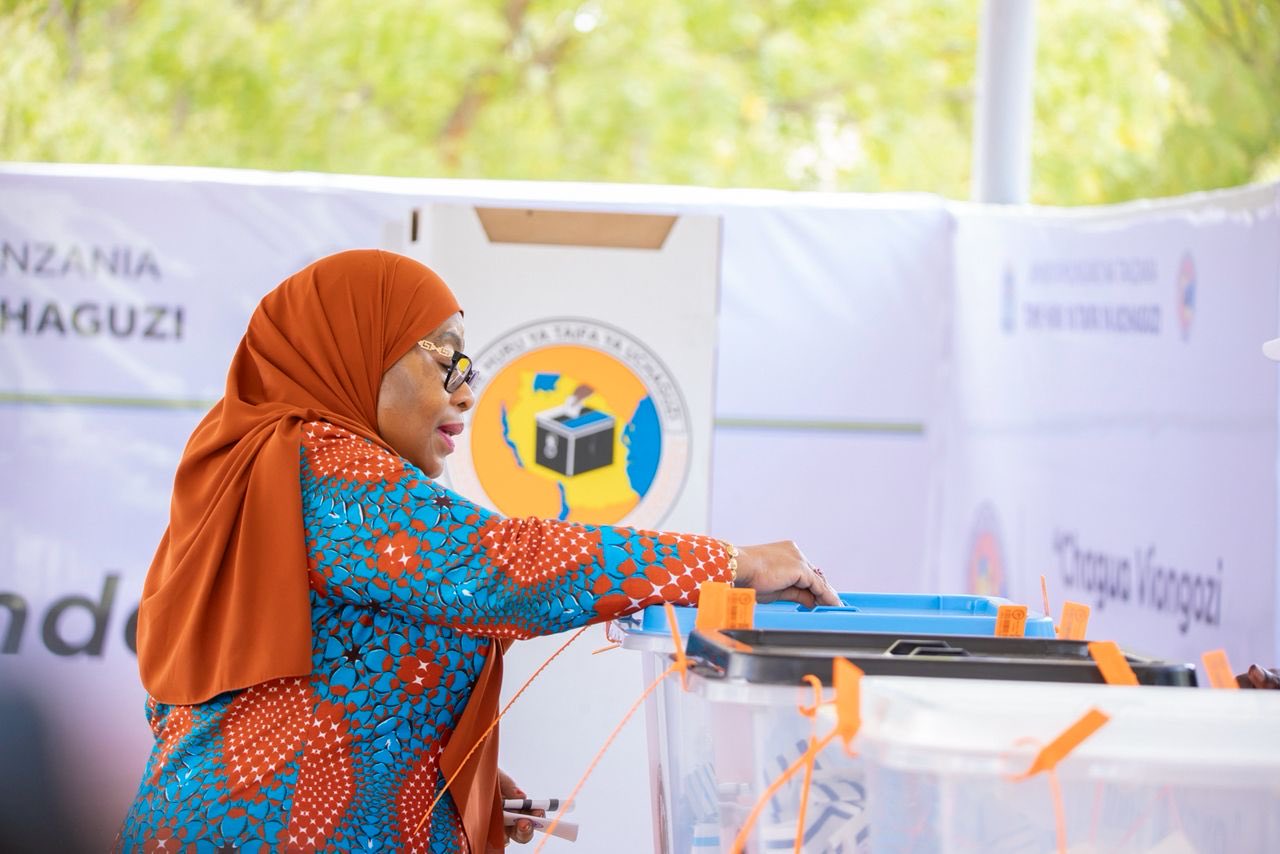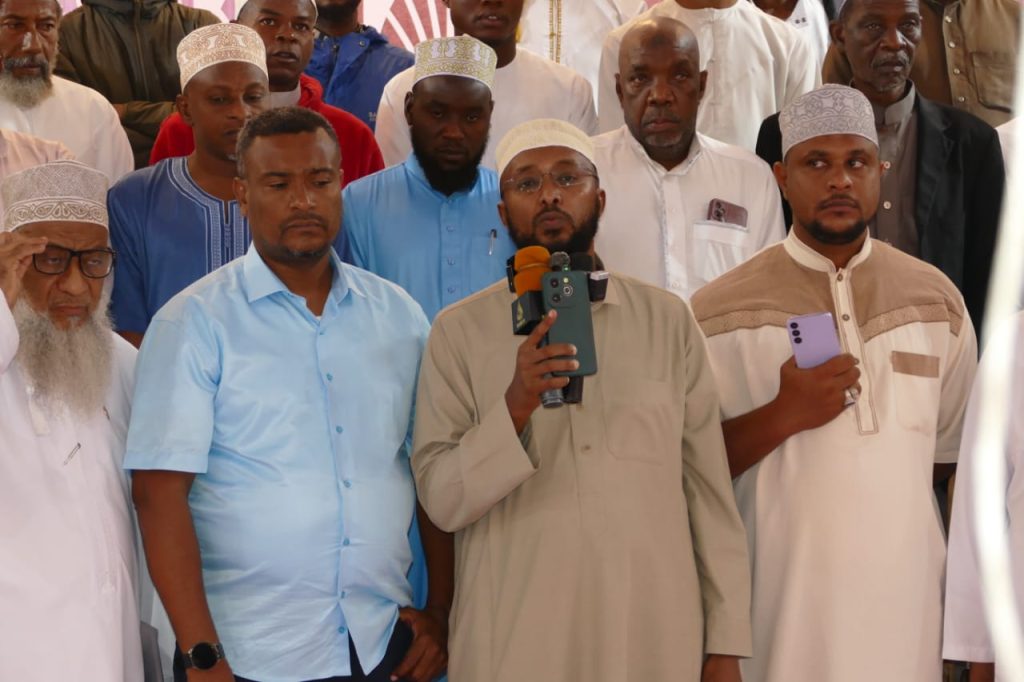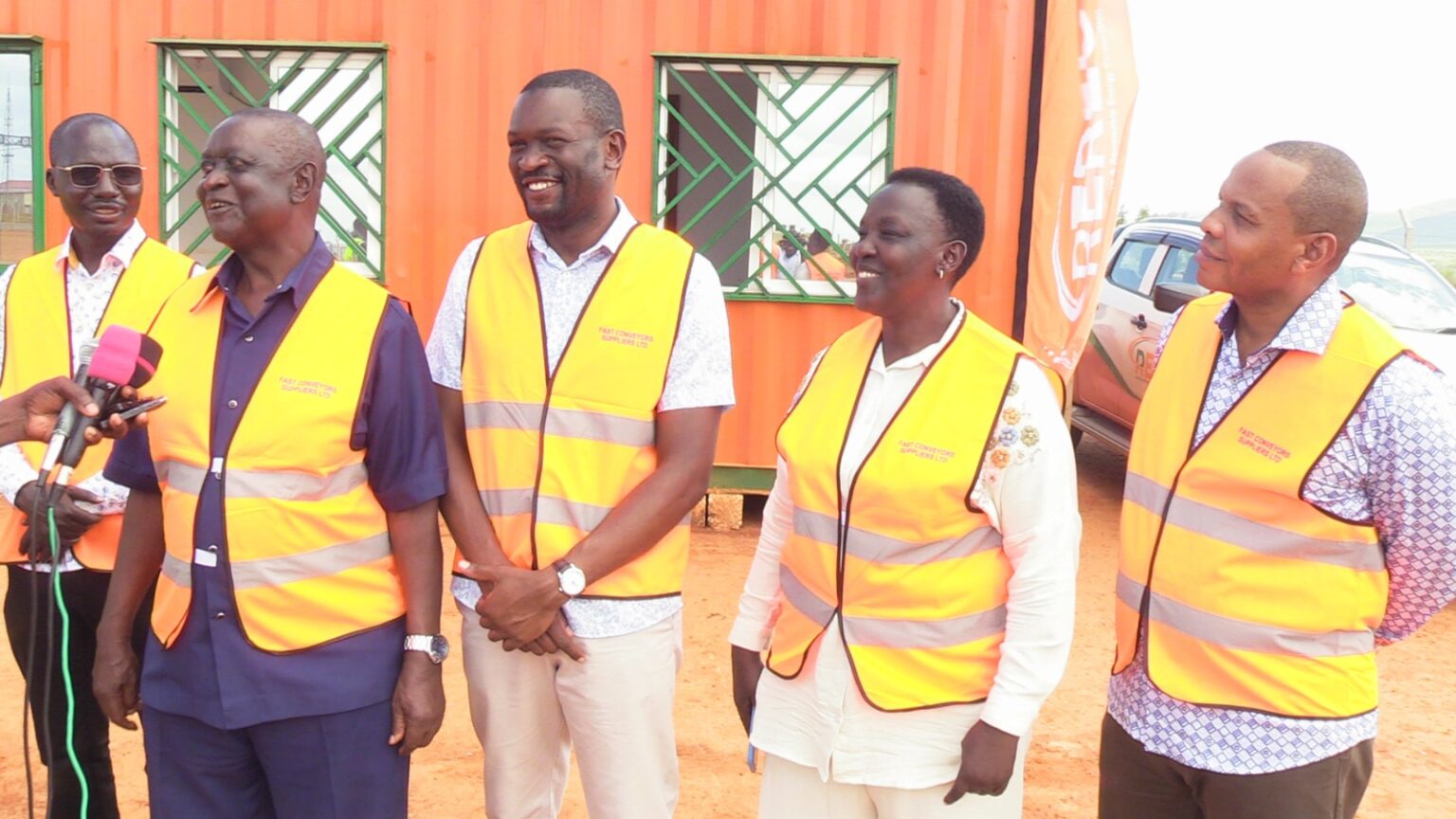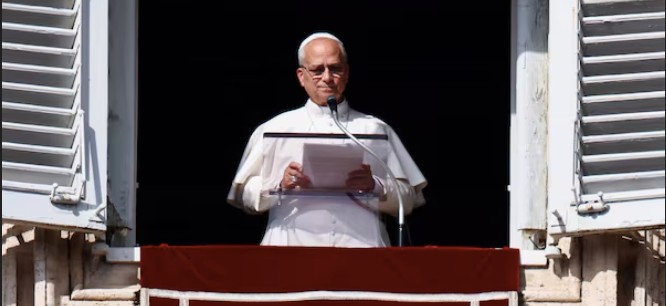IEBC warns Parliament against rushed electoral reforms ahead of 2027 General Election
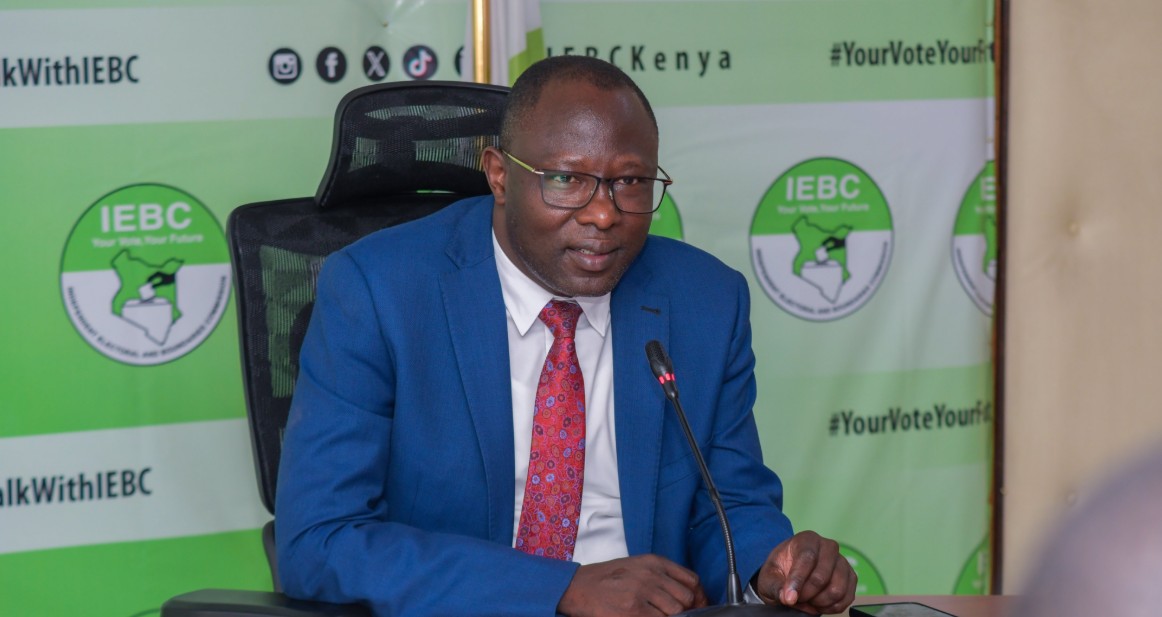
The warning comes as legislators race to enact three key Bills from the National Dialogue Committee (NADCO) report before the next election cycle.
The Independent Electoral and Boundaries Commission (IEBC) has warned Parliament against rushing the passage of electoral reform Bills less than two years before the 2027 General Election, saying such last-minute changes could disrupt planning and undermine the credibility of the polls.
The warning comes as legislators race to enact three key Bills from the National Dialogue Committee (NADCO) report before the next election cycle. The Bills include the Elections (Amendment) Bill, 2024, the Election Offences (Amendment) Bill, 2024 and the Political Parties (Amendment) Bill, 2024.
More To Read
- MPs return from recess with NADCO Bills top of agenda
- IEBC publishes list of nominated candidates, polling stations ahead of by-elections
- Court declines to halt Banisa by-election, orders expedited hearing
- Petitioner seeks court order to suspend IEBC’s 2027 General Election activities amid claims of legal irregularities
- IEBC unveils tough new rules for recalling underperforming MCAs
- PSC warns civil servants to steer clear of politics ahead of by-elections
The Bills were sponsored by Senate Majority Leader Aaron Cheruiyot (Kericho) and Minority Leader Stewart Madzayo (Kilifi). They were published last year, passed in the Senate and transmitted to the National Assembly for concurrence.
The National Assembly has since passed the Elections (Amendment) Bill, 2024, with amendments and returned it to the Senate for consensus.
So far, the only successful implementation from the NADCO report is the IEBC (Amendment) Act, which expanded the panel responsible for recruiting commissioners. With 21 months remaining until the General Election, the enactment of the remaining Bills is behind schedule.
The IEBC, citing the Independent Review Commission (IREC) report chaired by retired South African judge Johan Kriegler, reminded Parliament that making or amending electoral laws too close to elections hampers planning and implementation.
“This tendency upsets the recommendations of the Kriegler Commission, which said legal reforms ought to be undertaken at least two years before the General Election,” the IEBC said in a document presented to Parliament.
The three Bills form part of a wider set of reforms recommended by the 10-member NADCO Committee, established to facilitate dialogue and build consensus on constitutional, legal and policy reforms addressing key concerns of Kenyans. The Committee focused on five main areas.
First, under electoral justice and related matters, the Committee proposed restructuring and reconstituting the IEBC, reviewing boundaries, and auditing the 2022 presidential elections. It recommended the reconstitution of the IEBC selection panel with nine members, setting intervals for boundary reviews approved by Parliament, investigating claims of marginalisation and fast-tracking legislation for county boundary reviews as provided under Article 188 of the Constitution.
On the 2022 presidential election audit, the Committee recommended appointing a panel of experts to evaluate the electoral process and establish a mechanism for assessing future elections.
Second, the Committee addressed outstanding constitutional matters, including cost of living issues, implementation of the two-thirds gender rule, governance reforms to promote national unity, inclusivity in public appointments and adequate power balances.
Third, on fidelity to political parties and the law on multiparty democracy, NADCO examined ways to prevent interference with political parties or coalitions.
Fourth, the Committee recommended entrenching funds in the Constitution, including the National Government Constituency Fund, National Government Affirmative Action Fund and the Senate Oversight Fund.
On the establishment and entrenchment of state offices, the Committee recommended constitutional recognition of the Office of the Leader of the Official Opposition, emphasising the legitimacy and value of opposition parties in Kenya’s political system. It also proposed the creation and entrenchment of the Office of the Prime Minister to coordinate the functions of the Executive.
National Assembly Speaker Moses Wetang’ula assured that Parliament would act swiftly, pledging that the Bills would be completed within three months.
Other Topics To Read
“As a House, we have resolved to be done with the Bills within three months. We cannot be reviewing laws six or seven months to the General Election,” Wetang’ula said during a meeting with Dr Ed Barnett, the Deputy British High Commissioner to Kenya and Permanent Representative to the United Nations Environment Programme (UNEP) and UN-Habitat.
The Speaker acknowledged that restoring public trust in the IEBC remains a challenge and urged the commission to intensify public engagement.
The Nadco initiative, a bipartisan arrangement, was established to ease political tensions following deadly protests after the late Azimio la Umoja One Kenya Coalition leader Raila Odinga disputed the results of the August 9, 2022, presidential election.
Top Stories Today

